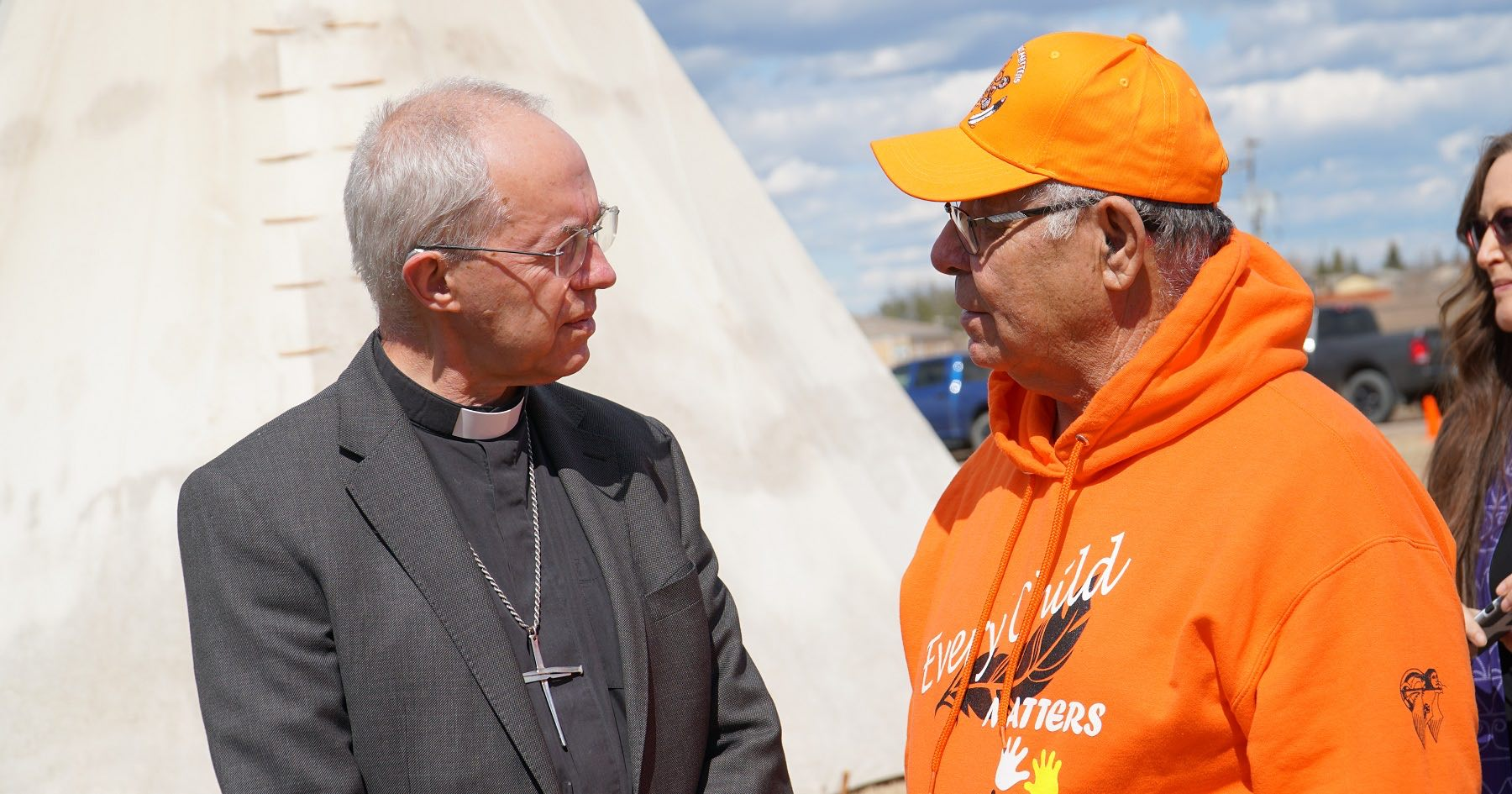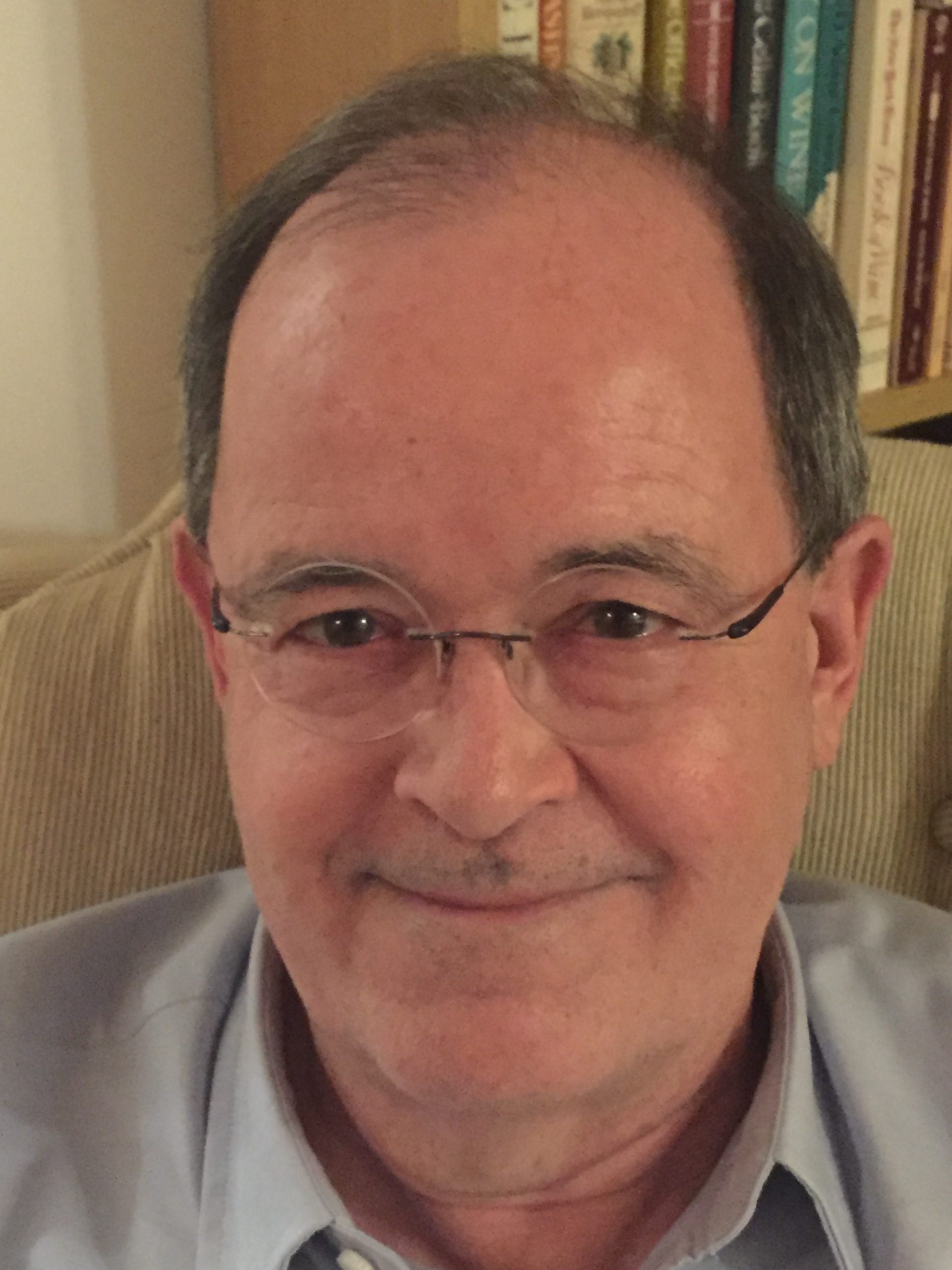More that we might have feared; less that we might have hoped
The recent visit of the Archbishop of Canterbury to Canada has predictably generated a wide range of reactions from Anglicans and others in this diocese and beyond. Many people (including Indigenous Anglican leaders I’ve spoken to) were moved by the obvious sincerity and profound depth of his three apologies in Saskatchewan and Toronto. Unlike the Pope, the Archbishop clearly understood and named the systemic nature of the abuses as much more than the actions of a few bad individuals, and something for which the institution as a whole must accept responsibility.
That the visit was able to go ahead at all is remarkable, in the context of the dark cloud over the Indigenous church caused by the sudden and tragic departure, just a few days earlier, of its first national archbishop. There were suggestions that some arrangements were hastily and clumsily handled (e.g., the cancelled plans to visit Six Nations — though this may have been an internal political squabble, as much as anything). It’s too bad time constraints prevented Archbishop Welby from meeting more Indigenous people in more places; for instance, we would have liked him to come to BC, where First Nations culture is so distinctive from elsewhere in the country. Many people also wished (not without reason) that the secular media had given more prominence to two previous apologies by Canadian primates.
At least those media outlets did seem to grasp, and convey, the rather subtle point that Justin Welby, while the spiritual leader (or, as some prefer to say, symbolic head) of some 85 million Anglicans around the world, and the “first among equals” of Anglican primates, is not “the Anglican pope,” and has no power to commit the Anglican Church of Canada, financially or otherwise.
Where both the media and the archbishop himself seem to have fallen short is in their shared silence about the efforts that have been made by Anglicans across Canada in recent years (including in this diocese) to engage deeply and sincerely in meaningful, tangible efforts towards truth-telling and healing. By doing so, they perpetuated the misrepresentation (or at least misunderstanding) characterized, for instance, by a recent opinion piece in our national newspaper, misleadingly headlined “Will the head of the Anglican Church finally bring restitution to Indigenous peoples?”
The fact is that, unlike some other denominations, we Anglicans did follow through on our financial commitments under the residential schools settlement agreement, to the tune of some 13 million dollars. Add to that another 8 million in grants through the Anglican Healing Fund, a further million-plus for Indigenous programs through PWRDF and the Anglican Foundation, and any number of local and diocesan projects — including right here on these islands and inlets.
Of course, no amount of financial restitution can ever fully compensate for the deep, permanent harm our church caused to Indigenous people and communities. Innumerable, genuine reconciliation initiatives are going on across our church, in a mutually open and generous spirit, not without pain and challenge on all sides, among both settlers and First Peoples, and with considerable commitment of human and financial resources.
Perhaps most notably, I saw and heard no reference, in any of the archbishop’s public statements or media interviews, nor in the coverage of his visit, to the massive commitment which the Anglican Church of Canada has made, and continues to make, to the nurturing and emergence of the self-determining Indigenous church within the Anglican Church of Canada — what we are coming to know as “Sacred Circle.” The founding documents for that new entity (The Covenant and Our Way of Life) are just now being finalized.
These efforts build on much previous good work, such as the creation of a National Indigenous Archbishop, the establishment of the first Indigenous diocese (the Indigenous Spiritual Ministry of Mishamikoweesh) and the ordaining of nine First Nations, Inuit and Métis bishops and numerous Indigenous clergy, in both urban and rural settings. Also worth mentioning, among many other examples, is the creation of a jubilee commission to research and recommend proposals for substantial reparations through redistribution of money and property.
These are perhaps among the most productive steps we Anglicans of today can take on the road to reconciliation. It is a long and painstaking process that requires much patient listening on all sides. We are well on the way. The archbishop should have known all this and should have spoken of these things as positive developments, comparable to similar initiatives in other post-colonial parts of the Anglican communion, like Australia and New Zealand, among others. It is an important story that needs and deserves to be told.
Whether this missed opportunity was the result of a failure in briefing by Canadian church officials, or a failure by the Canterbury bureaucracy to listen, or both, we cannot know. Either way, it’s unfortunate. Nevertheless, we are glad he came.




